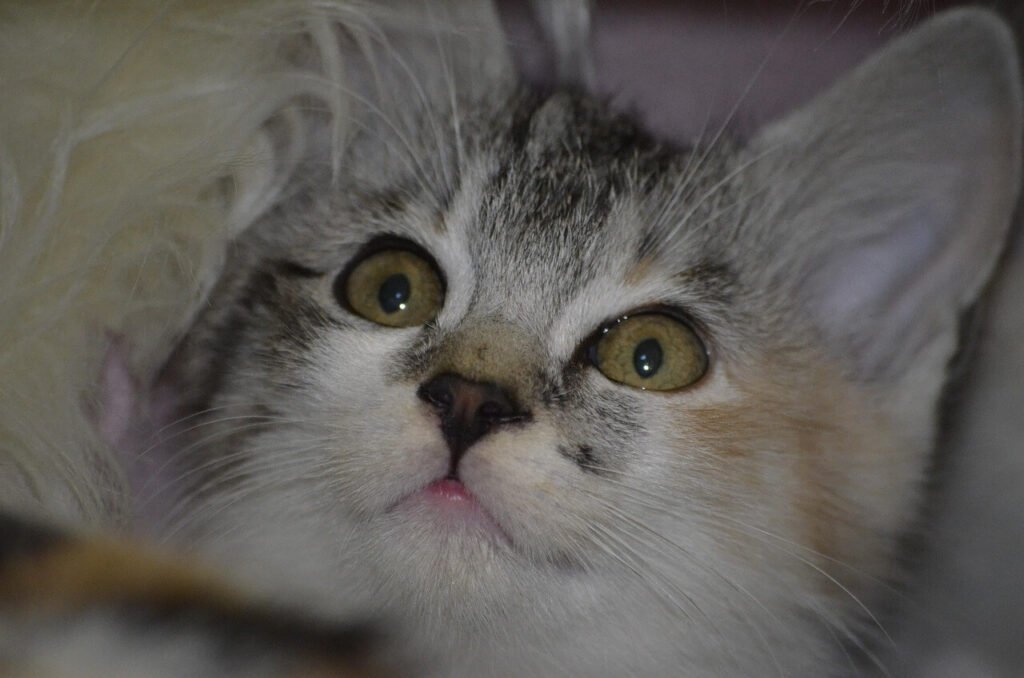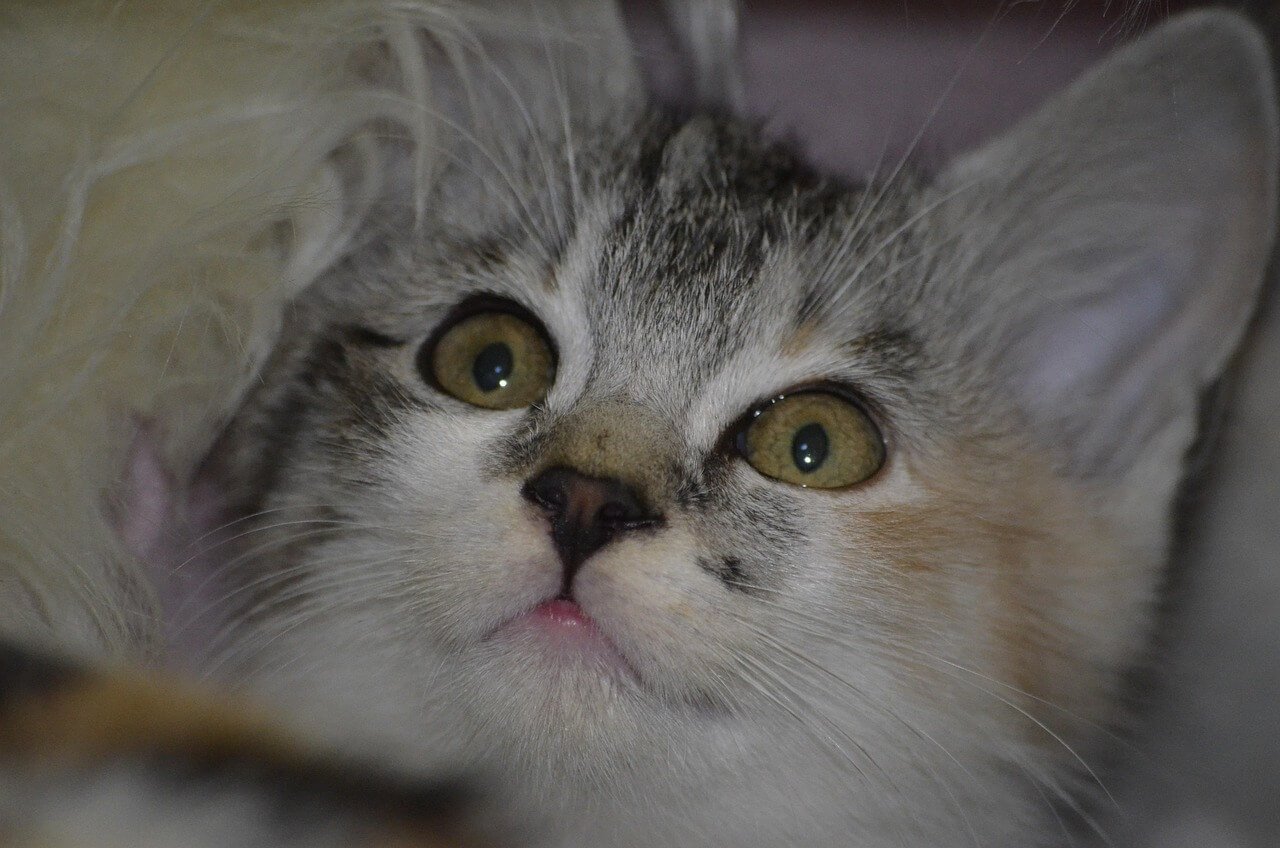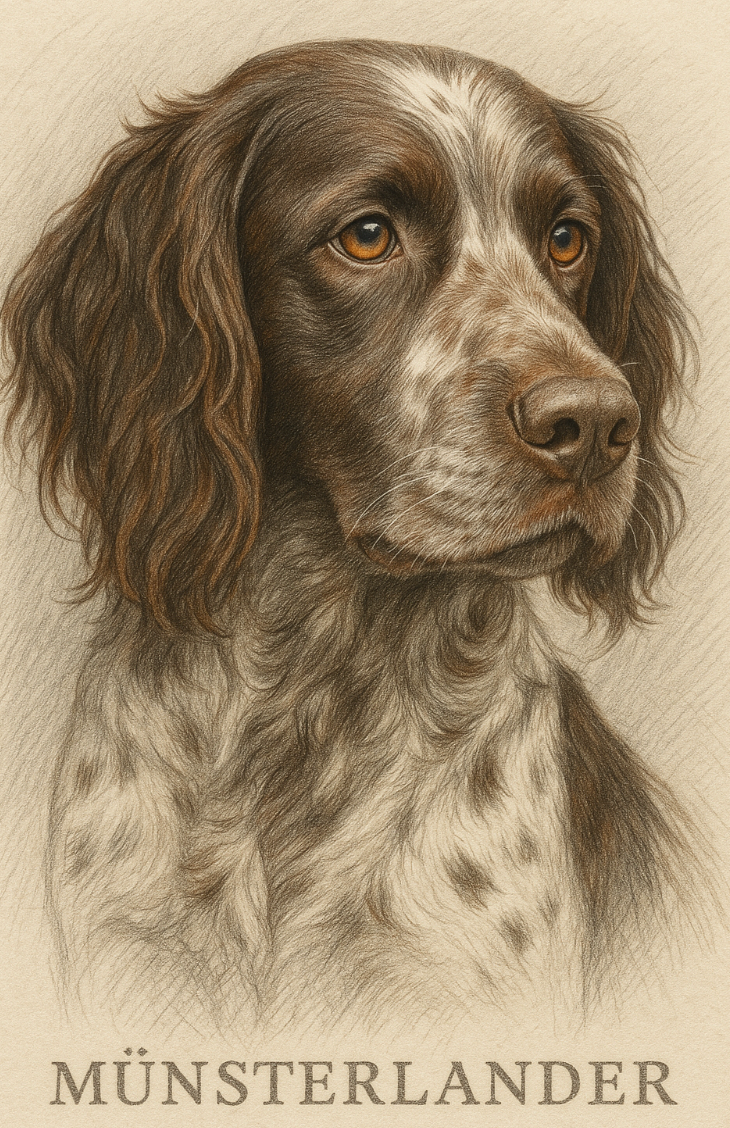Is Christmas Cactus Safe for Cats? What Every Pet Owner Should Know
The Christmas cactus is a popular houseplant known for its vibrant blooms and festive appearance, making it a favorite during the holiday season. However, as a pet owner, you may be wondering: Is the Christmas cactus safe for cats? With their curious nature, cats often explore plants by nibbling on leaves or flowers, which can sometimes lead to concerns about toxicity. Fortunately, the Christmas cactus is generally considered non-toxic to cats, but there are still precautions to keep in mind. In this article, we’ll explore everything you need to know about keeping your feline friend safe while enjoying the beauty of this seasonal plant.
Peace of Mind: Understanding the Non-Toxic Nature of Christmas Cactus
Unlike many other common houseplants, the Christmas cactus (Schlumbergera bridgesii) is not toxic to cats. This makes it a safer choice for households with curious pets. Here’s why the Christmas cactus is considered cat-friendly:
Non-Toxic Compounds :
The plant does not contain harmful chemicals or toxins that could poison your cat.No Irritation to Skin or Mouth :
Unlike some plants, the Christmas cactus is unlikely to cause irritation if chewed or touched.Pet-Safe Classification :
Organizations like the ASPCA list the Christmas cactus as non-toxic to cats and dogs.Gentle on Digestive Systems :
While ingestion isn’t recommended, small amounts are unlikely to upset your cat’s stomach.Minimal Risk of Allergic Reactions :
Most cats do not exhibit allergic reactions after coming into contact with the plant.
While the Christmas cactus is safe, it’s still important to monitor your cat’s interactions with the plant to ensure their safety and well-being.
What to Watch For: Potential Effects of Ingestion
Although the Christmas cactus is non-toxic, some cats may experience mild digestive upset if they nibble on the plant. Here are signs to look for if you suspect your cat has eaten part of the Christmas cactus:
Vomiting :
Occasional vomiting may occur if your cat ingests a large amount of plant material.Diarrhea :
Loose stools can result from consuming unfamiliar plant matter.Lethargy :
A temporary lack of energy might indicate mild discomfort.Excessive Drooling :
Some cats drool after chewing on plants due to irritation in their mouths.Loss of Appetite :
A brief period of reduced appetite can occur if your cat feels unwell.
If these symptoms persist or worsen, consult your veterinarian to rule out other potential causes. Otherwise, most cats recover quickly without intervention.
Check this guide 👉Are Tulips Cat Safe? Best 7 Expert Tips!
Check this guide 👉Is Ranunculus Cat Safe? Best 7 Expert Tips!
Check this guide 👉Are Carnations Cat Safe? Best 7 Expert Tips!

Safe Plants for Cats | Toxic Plants to Avoid |
|---|---|
Christmas Cactus | Lilies |
Spider Plant | Pothos |
African Violet | Aloe Vera |
Boston Fern | Philodendron |
Bamboo | Daffodils |
Creating a Harmonious Environment: How to Safely Enjoy Your Plant
If you want to keep a Christmas cactus in your home while ensuring your cat’s safety, there are several strategies you can implement. These tips will help prevent unwanted interactions and maintain peace in your household.
Place the Plant Out of Reach :
Position the Christmas cactus on high shelves or hanging planters where cats cannot access it easily.Use Deterrents :
Apply pet-safe deterrent sprays around the base of the plant to discourage chewing.Supervise Interactions :
Keep an eye on your cat when they’re near the plant to intervene if necessary.Provide Cat-Friendly Alternatives :
Offer cat grass or other safe plants to satisfy your cat’s natural urge to nibble.Clean Fallen Leaves Promptly :
Remove any dropped leaves or petals to prevent accidental ingestion.
By taking these precautions, you can enjoy the beauty of your Christmas cactus without compromising your cat’s safety.
Why Opt for Pet-Friendly Greenery? Advantages of Non-Toxic Plants
Selecting cat-safe plants like the Christmas cactus offers numerous benefits for both you and your furry companion. Here’s why prioritizing pet-friendly greenery is a smart choice:
Peace of Mind :
Knowing your plants are safe reduces stress and worry about accidental poisoning.Encourages Natural Behaviors :
Cats can safely explore and interact with non-toxic plants without risk.Enhances Home Decor :
Many cat-safe plants, including the Christmas cactus, add beauty and charm to your space.Promotes a Harmonious Household :
Reducing conflicts between pets and plants creates a more peaceful environment.Supports Responsible Pet Ownership :
Choosing safe plants demonstrates care and consideration for your cat’s well-being.
By opting for cat-safe plants, you create a home that’s both stylish and secure for your beloved pet.
Clearing Up Confusion: What You Need to Know About This Plant
There are several misconceptions about the Christmas cactus and its safety for cats. To ensure you make informed decisions, it’s important to separate fact from fiction. Here are some common myths and the truth behind them:
Myth: All Cacti Are Dangerous for Cats :
Fact: While many cacti have spines or toxins, the Christmas cactus is an exception and is safe for cats.Myth: Ingesting Any Plant Is Harmless :
Fact: Even non-toxic plants like the Christmas cactus can cause mild digestive upset if consumed in large amounts.Myth: The Sap of Christmas Cactus Is Toxic :
Fact: The sap is not harmful, but it may still irritate sensitive cats if they chew excessively.Myth: Cats Are Naturally Drawn to Eating Plants :
Fact: While some cats nibble on plants out of curiosity, not all cats exhibit this behavior.Myth: Non-Toxic Means Completely Risk-Free :
Fact: Even safe plants should be monitored to prevent overconsumption or choking hazards.
Understanding these truths helps dispel unnecessary fears while reinforcing responsible pet ownership. Always prioritize supervision and safety when introducing any plant into your home.
Safe and Stylish: Other Cat-Friendly Plants to Consider
If you’re looking for additional pet-safe plants to complement or replace your Christmas cactus, there are plenty of options that are both beautiful and non-toxic. Here are some excellent alternatives:
Spider Plant :
Known for its air-purifying qualities, this plant is easy to care for and completely safe for cats.Boston Fern :
With its lush foliage, the Boston fern adds a touch of elegance and is harmless to curious pets.African Violet :
This flowering plant brings vibrant colors to your home without posing risks to your cat.Bamboo :
Hardy and low-maintenance, bamboo is a great choice for households with playful cats.Orchids :
These stunning flowers are non-toxic and add sophistication to any room.
By incorporating these cat-friendly plants, you can enhance your decor while ensuring a safe environment for your feline companion.
Designing a Pet-Friendly Oasis: Tips for Harmonious Coexistence
With a little planning, you can create a space where your Christmas cactus and other plants coexist peacefully with your cat. Here are some practical tips for designing a cat-safe plant area:
Use Elevated Spaces :
Place plants on shelves, mantels, or wall-mounted brackets to keep them out of reach.Invest in Hanging Planters :
Suspended pots allow plants to thrive while preventing access for jumping cats.Create Physical Barriers :
Use protective covers or enclosures around larger plants to deter curious paws.Train Your Cat :
Teach your cat to avoid certain areas using positive reinforcement techniques.Choose Sturdy Planters :
Opt for heavy or wide-based pots that are less likely to tip over during play.
By implementing these strategies, you can enjoy the beauty of indoor greenery while keeping your cat safe and entertained. A thoughtful setup ensures harmony between your love for plants and your devotion to your pet.
Frequently Asked Questions About Christmas Cactus and Cats
Can eating Christmas cactus hurt my cat?
While it’s non-toxic, large amounts may cause mild digestive upset.
Should I take my cat to the vet if they eat the plant?
Only if symptoms persist or worsen; otherwise, monitor them closely.
Are all types of cacti safe for cats?
No, some cacti have spines or toxic properties; research before introducing new plants.
How can I stop my cat from chewing on the Christmas cactus?
Use deterrents, place the plant out of reach, or redirect their attention with toys.
Can I grow cat grass alongside my Christmas cactus?
Yes, cat grass provides a safe alternative for nibbling and keeps your cat entertained.
Final Thoughts: Celebrating a Safe and Festive Home
The Christmas cactus is a wonderful addition to any home, especially for cat owners who want to enjoy festive decor without compromising their pet’s safety. By understanding its non-toxic nature and taking simple precautions, you can create a harmonious environment where both you and your feline companion can thrive. Whether you’re admiring its vibrant blooms or watching your cat play nearby, the Christmas cactus brings joy and reassurance to the holiday season. So go ahead—decorate with confidence, knowing your home is a safe haven for your furry family members.
Omega Benefits Canine: Best 7 Expert Tips! Discover how omega fatty acids boost your dog’s health, from skin and coat to joints and immunity, with expert advice for optimal canine wellness.
Service Dog for Depression: Best 7 Expert Tips! Discover how service dogs provide emotional support, perform vital tasks, and improve mental health for individuals managing depression.
Is a Great Pyrenees a Family Dog? Best 7 Expert Tips! Discover expert advice on temperament, care, and training to determine if this gentle giant is the perfect family companion for your home.
Munsterlander Dog: Best 7 Expert Tips! Discover expert advice on training, care, and living with this intelligent, energetic breed for a happy and healthy companion.





